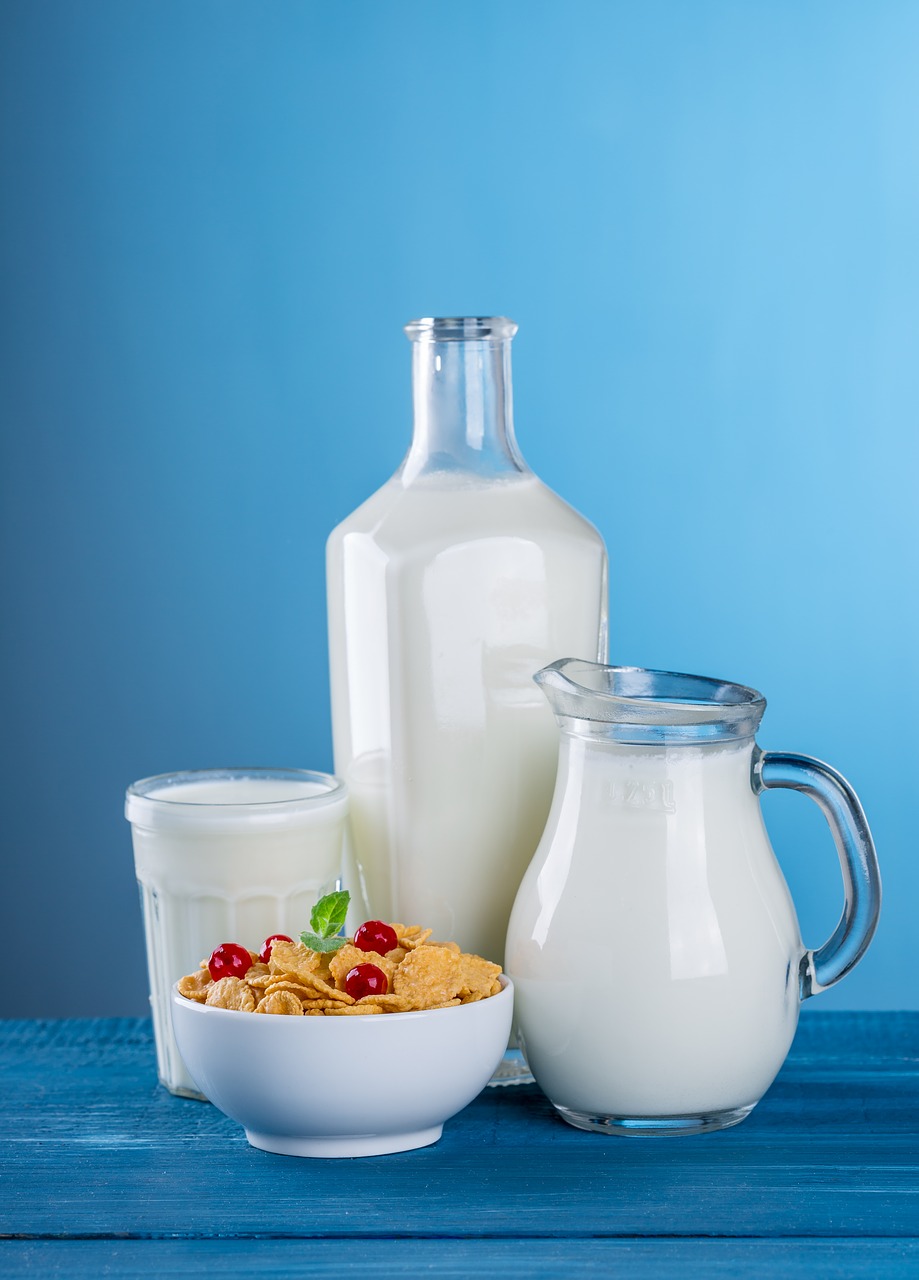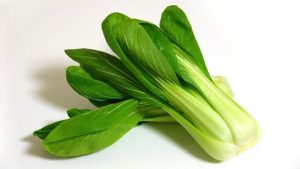You may have heard the latest health news this week that many young people are risking their bone health by cutting out dairy products.
The National Osteoporosis Society found that a fifth of under 25s are cutting or severely reducing dairy from their diets. Some health experts are concerned that dairy products such as milk, yoghurt and cheese are important sources of calcium, important for bone health and development.
The charity survey suggested that restricting dairy could potentially be too restrictive, resulting in ‘severe nutrient deficiencies’.
Dairy foods rich in calcium include milk, cheese and yoghurt. Many people consider cow’s milk to be the best source but almond and soya milk are also good sources if fortified.
What many people don’t realise however is that getting enough calcium is no problem if you eat enough of the right kinds of foods – mainly green leafy vegetables such as spinach, kale, broccoli, cauliflower, cabbage, etc. ALL greens are highly nutritious and therefore should be eaten for best health.
Avoiding starchy carbohydrates is highly recommended as these foods can have an inflammatory effect in the body.
The fear is that after the age of 50, half of all women and 1 in 5 men develop osteoporosis – a fragile bone condition causing painful fractures of the hip, wrist and spine. The trouble is that eating dairy products as recommended by the news, can create acidity, leading to inflammation and a disease promoting environment in the body.
Many studies also provide support that consumption of dairy products can increase the risk of heart disease and various clinical research shows that dairy products have little or no benefit for bones, nor does it improve bone integrity in children.
Yet all of these health problems can be potentially avoided by choosing to eat adequate sources of this vital mineral, including green vegetables, nuts, seeds, legumes and foods fortified with calcium.
We also need Magnesium Oil every day, just as much as Calcium. Adding Vitamin D3-K2 into the diet can also help to grow the bones – please see the recommended examples below for more information.
Green leafy vegetables
Many green vegetables are a rich source of calcium. Kale offers 139mg of calcium per 100g, along with over 45 different flavonoids, providing ultra potent antioxidant benefits.
Collard greens contain 357mg (35% DV) of calcium in a 1 cup serving, while broccoli has around 74mg of calcium per cup.
Nuts and Seeds
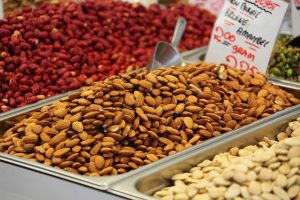 Eating plenty of nuts and seeds can be good sources of calcium. One cup of brazil nuts for example, provides 213 milligrams of calcium (21% DV).
Eating plenty of nuts and seeds can be good sources of calcium. One cup of brazil nuts for example, provides 213 milligrams of calcium (21% DV).
Sesame seeds are an excellent source of calcium, containing 88mg in one tablespoon. A cup of amaranth meanwhile contains approximately 307mg of calcium. Teff is a seed containing 123mg of calcium per cooked cup.
Legumes
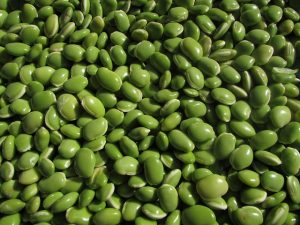
Legumes consist of beans, peas and lentils. Foods like green peas contain approximately 25mg of calcium per 100 grams. Lentils contain 19mg of calcium per 100mg.
Nearly all legumes consist of B vitamins, protein, fiber, iron, zinc, magnesium and potassium. Therefore eating more legumes is a great idea to get a wide range of nutrients into your diet – including calcium.
Fed up of eating lentils? Why not try Really Healthy Pasta™ – it’s made from one simple ingredient: legumes and nothing else!
Hopefully this should give you a better overview of the wide range of calcium sources available and how it’s safe to reduce or completely eliminate dairy products from your diet, when you have the right nutrients from plant based sources.
Recommended Examples
For Magnesium…
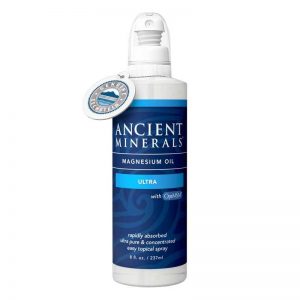 Ancient Minerals™ Magnesium Oil Ultra with OptiMSM – This rapidly absorbed ultra-pure and concentrated easy topical spray is one of the most efficient methods of ensuring magnesium is absorbed into the bloodstream. Carry with you to relieve you and your family from aches, pains, headaches, signs of chronic fatigue and more. Available in a 4oz or 8oz spray from Good Health Naturally.
Ancient Minerals™ Magnesium Oil Ultra with OptiMSM – This rapidly absorbed ultra-pure and concentrated easy topical spray is one of the most efficient methods of ensuring magnesium is absorbed into the bloodstream. Carry with you to relieve you and your family from aches, pains, headaches, signs of chronic fatigue and more. Available in a 4oz or 8oz spray from Good Health Naturally.
For Vitamin D3/K2…
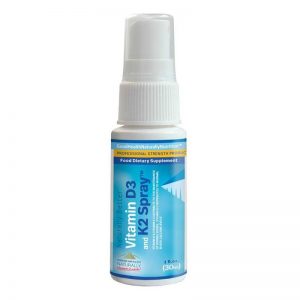 Vitamin D3/K2 Spray – This is a combination formula of Vitamin D3 and K2 that can help to support a normal immune system. Promoting better calcium and phosphorus absorption in the blood and bones, it is also the world’s only Vegan & Vegetarian Society registered source of Vitamin D3. Available from Good Health Naturally.
Vitamin D3/K2 Spray – This is a combination formula of Vitamin D3 and K2 that can help to support a normal immune system. Promoting better calcium and phosphorus absorption in the blood and bones, it is also the world’s only Vegan & Vegetarian Society registered source of Vitamin D3. Available from Good Health Naturally.
Ditching Dairy? Not A Problem With These Calcium Rich Foods | www.naturallyhealthynews.com

